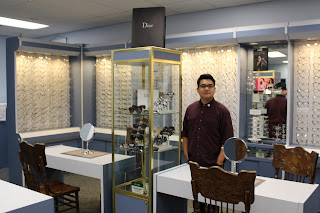(1) Positive Statement
What are you most proud of in your block presentation and/or your senior project? Why?
I am most proud of the fact that I was able to get through it. I was super nervous the past couple of days and I thought I was going to faint. Once I got up there, I just did what I planned to do.
(2) Questions to Consider
a. What assessment would you give yourself on your block presentation? Use the component contract to defend that assessment.
I would give myself at least a P +.
b. What assessment would you give yourself on your overall senior project? Use the component contract to defend that assessment.
I would give myself a P for that because I tried hard to make my topic interesting even though it was really bland. I wanted people to enjoy my presentation.
(3) What worked for you in your senior project?
My humor and my exploration of other medical fields in order to further study mine definitely did work in my favor when it came to my senior project.
(4) (What didn't work) If you had a time machine, what would you have done differently to improve your senior project?
What didn't work was the fact that I was not able to always listen in to conversations in the examination room because it violated the law.
(5) Finding Value
How has the senior project been helpful to you in your future endeavors? Be specific and use examples.
The senior project has allowed me to overcome my fear of public speaking. It has provided me with new insight as to what hard work really contains. I feel I'm more prepared for what the world will through at me in the future than I was before.


















